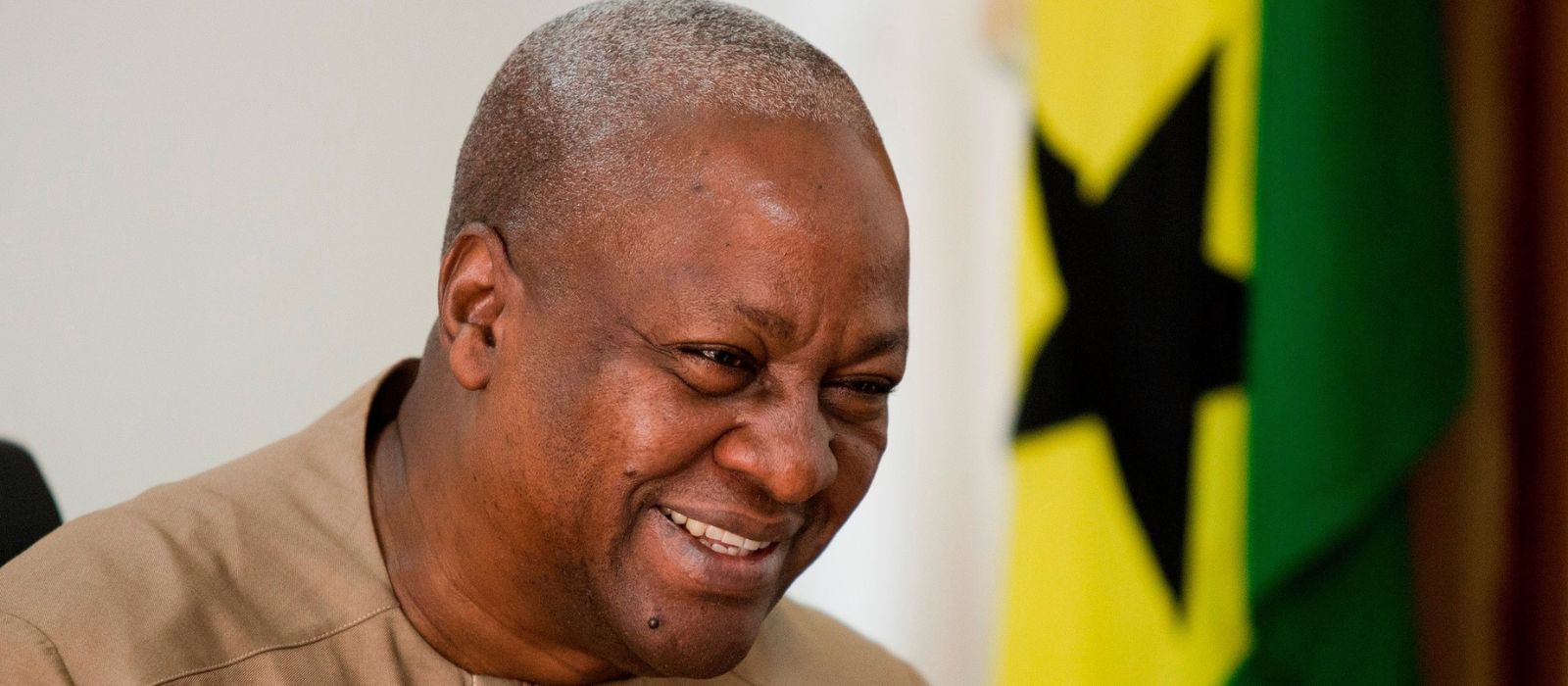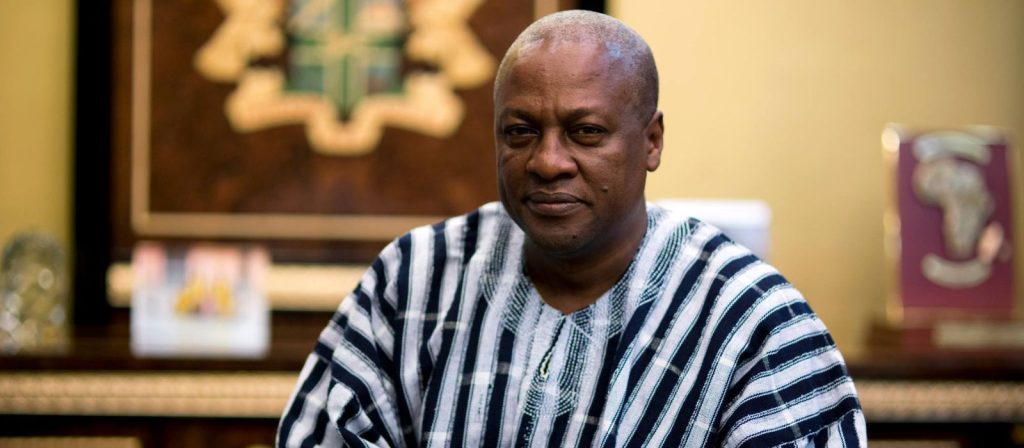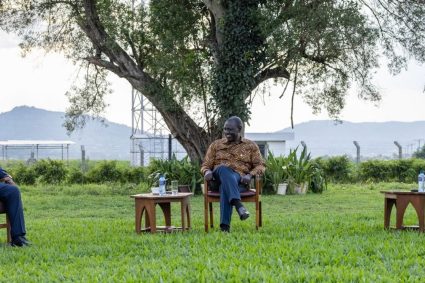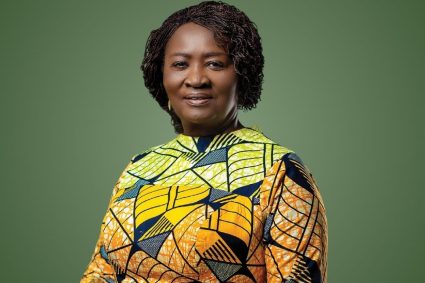
John Dramani Mahama, Ghana’s newly elected President, is no stranger to leadership, transformation, and a legacy of service. Born on November 29, 1958, in Damongo, Northern Region, Mahama’s roots are deeply embedded in Ghana’s political and social fabric. His father, Emmanuel Adama Mahama, was a parliamentarian and the first Regional Commissioner for the Northern Region under President Kwame Nkrumah.
Raised by his mother in Damongo before moving to Accra, Mahama’s early years were shaped by a passion for justice and education. He completed his basic education at Achimota Basic School and later attended Ghana Secondary School in Tamale. His academic pursuits led him to the University of Ghana, where he earned a BA in History (1981) and later, a postgraduate degree in Communication Studies (1986). His thirst for knowledge also took him to Moscow, where he obtained a degree in Social Psychology (1988), shaping his pragmatic yet transformative worldview.
Mahama’s entry into politics began in 1996, representing the Bole-Bamboi Constituency in Parliament under the National Democratic Congress (NDC). Known for championing the underprivileged, he held several roles, including Deputy Minister and Minister for Communications. His tenure was pivotal in stabilizing Ghana’s telecommunications sector.
Mahama ascended to the Vice Presidency in 2009 and, following the untimely passing of President John Atta Mills in 2012, became Ghana’s first post-independence-born Head of State. He was subsequently elected President later that year.
During his presidency (2012–2016), Ghana saw remarkable strides in democracy, gender equality, and press freedom. The country’s Democracy Index improved significantly, ranking Ghana as the 5th most democratic nation in Africa by 2016. Under his leadership:
- Press Freedom rose globally, with Ghana ranked 26th in the world.
- Gender Equality improved from 71st to 59th.
- Unemployment fell from 3.6% to 2.3%.
- Inequalities in education and human development decreased.
Mahama also prioritized infrastructure, education, and economic development, while fostering unity across ethnic and political divides. His transformative vision extended beyond governance, as he continues to advocate for eradicating poverty, ensuring free and quality education, and empowering Ghanaian women.
A celebrated author, Mahama’s memoir, My First Coup d’État, offers profound insights into Africa’s complex political history and his personal journey. His essays, published in global outlets like The New York Times and Huffington Post, further demonstrate his intellectual depth and global perspective.
In the 2024 General Elections, Mahama’s victory marked a return to the presidency, reflecting the trust and hope Ghanaians place in his leadership. His opponent, Vice President Mahamudu Bawumia, graciously conceded, emphasizing unity and progress for the nation.
John Dramani Mahama’s legacy as a unifier, reformist, and champion of the underprivileged continues to inspire, promising a brighter and more inclusive future for Ghana.



